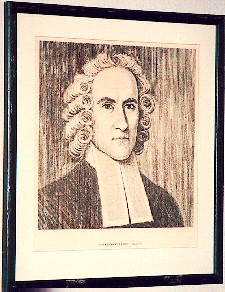
|
Docta Ignorantia LI A Summary of Our Findings The original impetus for Christianity was Buddhism, primarily Tibetan. Buddhism is an atheistic spirituality and religion. The Three Wise Men were Tibetans and Jesus spent most of his life in Tibet, Kashmir and India. When Jesus returned to Palestine, unitarian monotheism was the stochastic structure in which the message and ministry of his mission could be understood. Unitarian monotheism remained the ground of Christian religion until about the middle of the Second Century. Just before that time, Vedic trinitarian monotheism was returned to eremites in Egypt and Sinai by Thomas, John and others who were in India with Jesus post-resurrection. Trinitarian monotheism has only one source and that is India, where Jesus and his twin brother, Thomas, and others lived. Stoic and Pythagorean monastic scholars at Alexandria and elsewhere who were already at work laying in Stoic Logos Theology as the foundation for Christian canon and piety recognized the importance of trinitarian monotheism -- old recensions of Pythagoreanism contained it, derived from the same source, India -- and created the systematic theological, canonical and liturgical stochastic structures which led to the establishment of trinitarian monotheism as the majority ground of the religion. However, unitarian monotheism, the second original ground of the religion, persists in a number of viable and veritable stochastic structures: Arianism as Jehovah's Witnesses, Masonry, which includes Christian Science, etc. In fact, Christianity can be an atheistic, a unitarian monotheistic or a trinitarian monotheistic religion. It has all three elements in its aetiology, and in fact the atheistic element is the seminal one. As time goes on, the Latin Church, which includes Anglicanism, is moving towards Nestorian Christology. This is integral with that Church's historical preference for Antiochene as compared with Alexandrine Christology. The Latin Church has always preferred the view of Jesus in his humanity.
Adwaitha Hermitage
|
